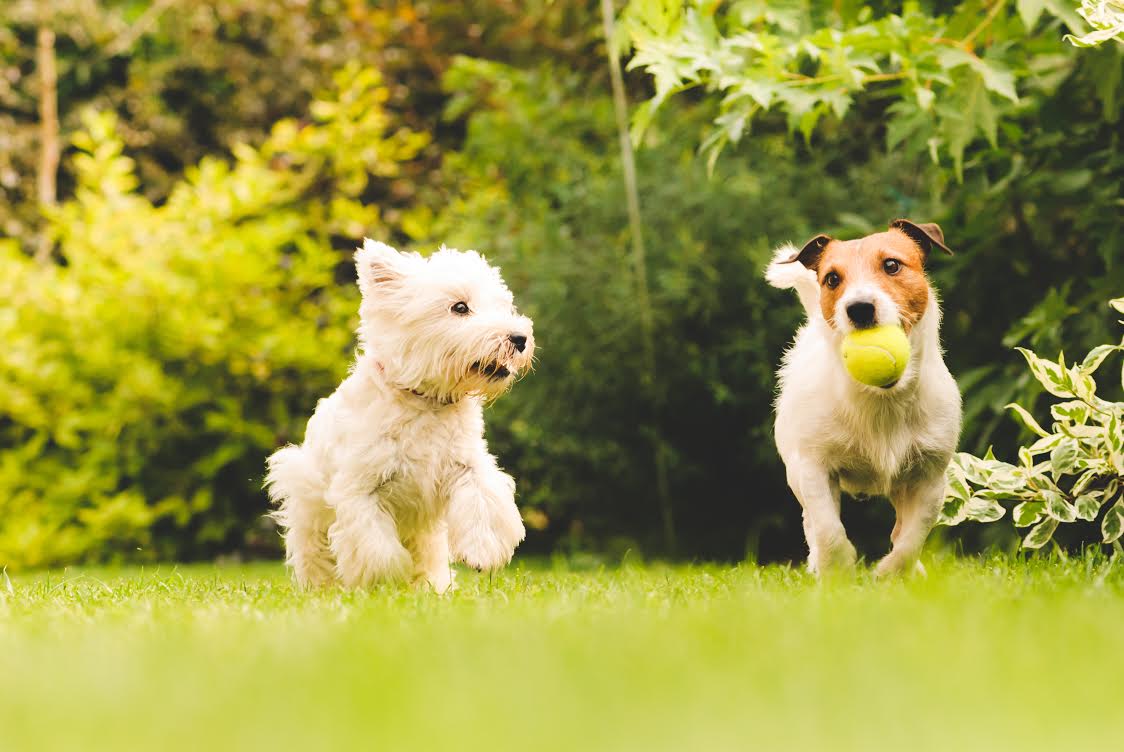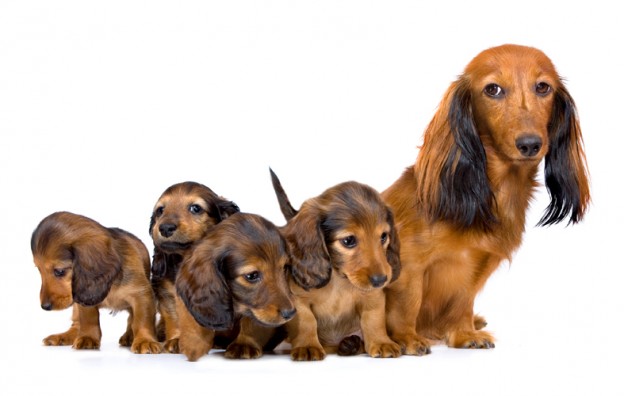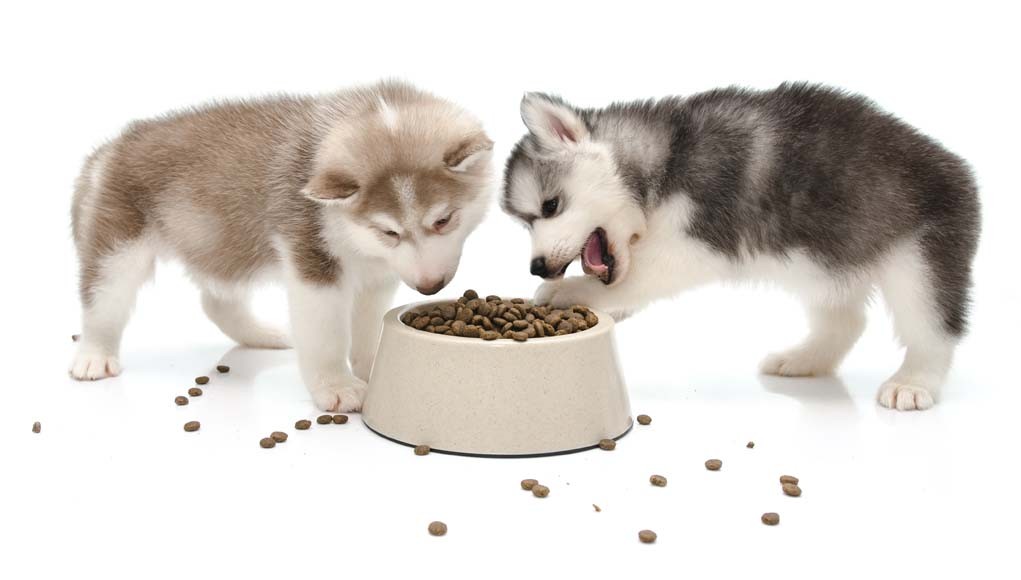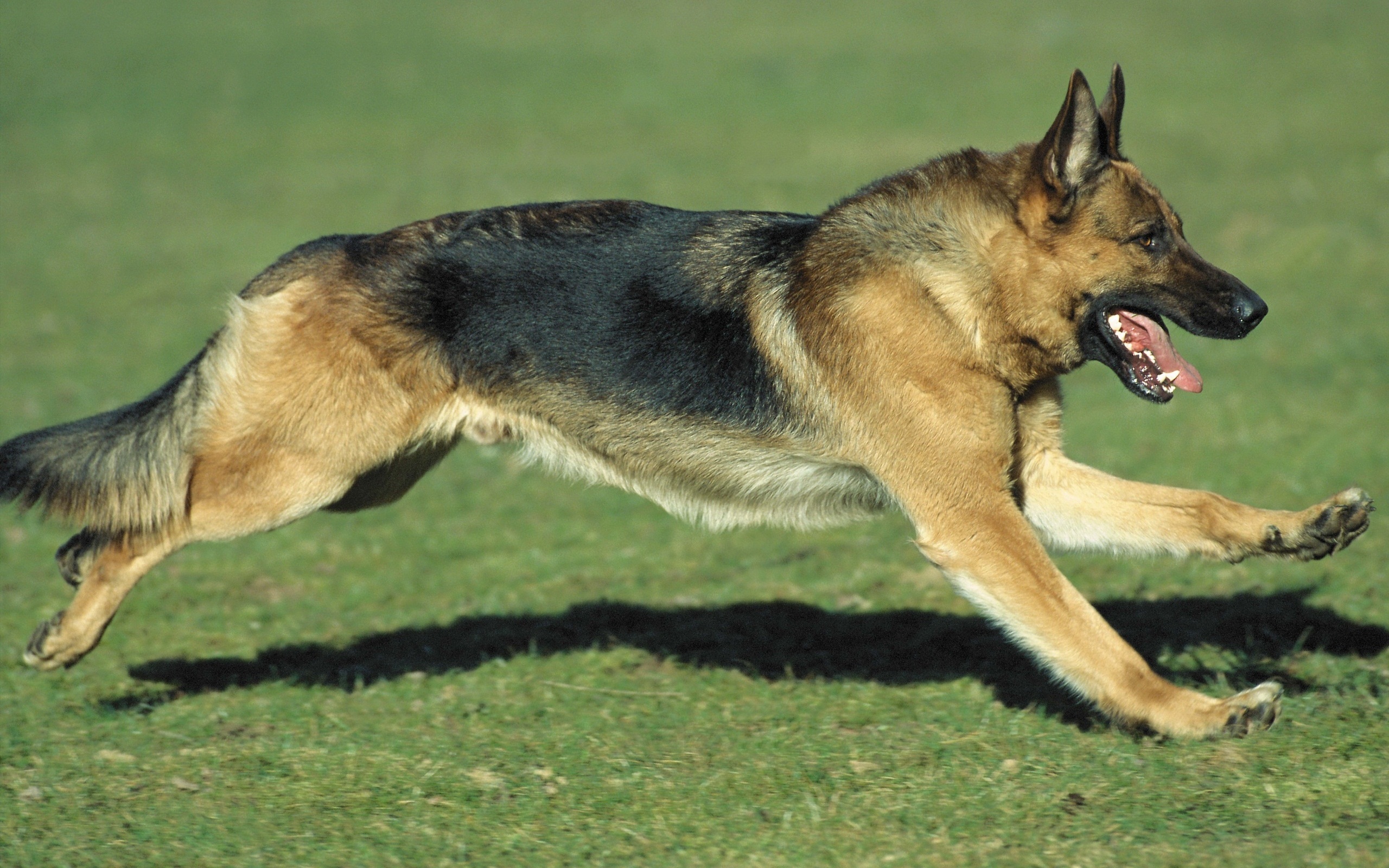Feeding your pet the best dog food and the correct quantity is the first step in properly maintaining the quality of his life. There are many factors in obtaining the correct diet for your dog, the quantity of food you feed him will vary depending on his size, activity level, age, breed, and the type of food he is eating.
Your Dog’s Activity Level

Young dogs and puppies have a very high activity level. Therefore, they burn plenty of calories. Also having a high metabolism, they burn up their intake of calories rather quickly. For this reason, puppies and young dogs need a greater quantity of food. Specifically, food that has higher fat value and more protein.
Generally speaking, senior dogs are less active, for this reason, they require a lower calorie intake than puppies and adult dogs. Due to their less active lifestyle, it becomes extremely easy for most older dogs to put on extra weight. For your dog to remain healthy throughout his elder years, he must remain at the appropriate healthy weight for his breed and size.
From Puppies to Senior Dogs, Age Matters

Dogs require different quantities of food in different life stages. Purchase dog food that is specified for your dog’s age, size, and breed. The label on your dog food package will have instructions on the suggesting amount food that is appropriate for the specific brand.
Puppies

Typically, puppies are weaned from their mother’s milk around eight weeks of age. As previously mentioned, puppies require a diet containing more fat and protein. Also, they need special vitamins and nutrients included in food designed specifically for puppies to promote growth and development of their muscles and bone structure. To begin with, it is extremely important to remember to always feed your pet at the same scheduled times every day. It is also important to know that if your puppy does not eat all the food you give him at his scheduled time, you should discard the leftover food. Young puppies should eat the same quantity of food approximately three times a day. If you have a monstrously huge puppy, then you might be required to feed him four times a day. As they reach six months of age, they get the same quantity but only give it to them twice a day. When your puppy reaches his first birthday, he’ll be considered mature enough to be called “adult dog”. His feedings will get cut back to only once a day, and you’ll have to change his food from puppy formula to adult dog food.
Adult dogs

Your dog is considered an adult once he has reached one year of age, his food intake should remain about the same throughout his adult life, depends on his breed, size, and type of food, his weight should also remain stable, assuming your dog is not ill or engaging in extreme physical activities/exercises.
It is not strange for a dog’s appetite to vary from day to day, but if you notice that his loss of appetite persists for several days or he shows obvious signs of weight loss, you’ll have to consult your vet.
Active Adult Dogs

Every dog needs regular exercise on a daily basis. Some dogs are far more active than others. For example, maybe you run miles on a daily basis so, your dog runs that along with you, or maybe your dog is training for his own competition. Whatever the reason, active adult dogs have special requirements, they will eat a higher quantity of food, they need food that contains more nutrients and higher calories. There are dog food brands designed for your overachieving pet. Just remember it is normal that during winter or during your dog’s off-season, his appetite will decrease and he will no longer need as large of a quantity or as many extra calories and nutrients.
Senior Dogs

As your beloved pet grows older and becomes an elderly dog, his appetite will change, of course, it is obvious they should not be consuming the same quantity of food as they did in their younger age, it is very easy for a senior dog to quickly pack on those unwanted pounds, that being said, DO NOT overfeed him because you think you are making the old champ happy. Although he might want the extra food, he will be thanking you for his healthy, extended life because you properly fed him.
When you dog becomes older, he might develop some health issues, in some cases, some senior dogs may require a specialized food to keep them healthy.
Food & nutrition will depend on your dog’s breed & size

Different breeds of dogs require different amounts of food. You wouldn’t feed a five pound Toy Poodle same amount as a hundred and fifty pound English Mastiff, would you? Of course not. A dog’s size can range from being a very tiny dog that fits in your purse to a gigantic, horse of a dog that is taller than you when standing on its’ hind legs.
When you, the owner decides on what kind of dog food (dry, wet or canned dog food), the next step is to take a look at the different brands, each brand of dog food has different types made specifically for different dog breeds and sizes.
Instructions on the label of the dog food you purchased should indicate the quantity of food you should feed your pet. After much research, here is a list of the recommended amount of food based on the combined breed and weight of your dog.
“The feeding amounts are based on an eight-ounce cup of dry dog good. If you want to use wet, canned food along with the dry, then cut the dry food amount in half and use the canned food to substitute the same amount.”
How Much Food To Feed Tiny, Small Dogs feeding
This is based on such dogs as a Scottish Terrier or Chihuahua, or any other breed of dog weighing up to ten pounds. A typical dog this size only eats 1/4 to 3/4 cup of dry dog food.
How Much Food To Feed Small to Medium Dogs
On the smaller side, a good example would be a Scottish Terrier. A breed of dog weighing between ten and twenty-five pounds. These dogs should eat about 3/4 cup of dry food a day.
A dog a little bit bigger that would generally be considered to be a medium size dog would weigh between twenty-five and fifty pounds. To give you a visual picture, a Cocker Spaniel is the correct dog for the medium category, this size breed eats a little more, about one to two cups of food daily.
How Much Food To Feed Large Dogs
This league of dogs can weigh anywhere from fifty pounds to seventy-five pounds. Two particular breeds that fall into this group would be a Boxer or a Golden Retriever. They eat anywhere from two to three cups of dry food once a day.
How Much Food To Feed Extra Large, Gigantic Dogs
Some dog lovers want a gigantic dog and not meaning a fat or overweight dog, such breeds as a Great Dane or the broad, strong St. Bernard. Dogs weighing in at well over seventy-five pounds, these dogs eat three to five cups of food daily.
We advise you to follow the recommendations provided by your dog food brand, for you dog’s breed, size, and activity level to ensure a healthy future for your dog. The quantity of food your pet eats will result in positively changing his life expectancy. If you correctly feed your dog the right quantity of food, he will have a long, healthy, and happy life with you.



